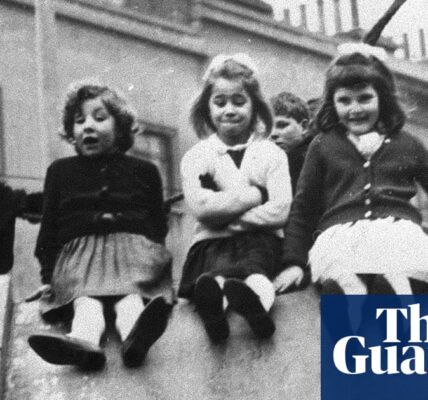Age of the City Ian Goldin and Tom Lee-Devlin
How cities are shaping our world
By 2050, it’s predicted that two thirds of the global population will live in cities, more than at any time in human history. According to professor of globalisation Ian Goldin and journalist Tom Lee-Devlin, the forces shaping how we live in cities will shape our world as a whole, and as we face major challenges such as climate change, social divisions and the threat of new pandemics there is a growing need for reform: “the battle for our future needs to be fought and won in cities”. Indeed, if we don’t act there is a danger that our increasingly urban lifestyles will make such perils worse.
Goldin and Lee-Devlin offer a fascinating and lucid analysis of the problems confronting modern society and the unique role that cities can play in tackling them. The history of cities is an immense field of research and yet they provide just enough historical background to give the reader a sense of the extraordinary richness of urban life, back to the first urban cultures in the Middle East some seven to eight thousand years ago. However, the main focus of this very readable and important book is on current and future trends, and how “to make our urban world fairer, more cohesive and more sustainable”.
Plato observed that every city “is in fact divided into two: one of the city of the poor, the other of the rich”. Cities can play a vital role in helping people achieve their full potential, but in an age of populist politics, from Trumpism to Brexit, inequality has become an urgent issue. Goldin and Lee-Devlin argue that cities need “a more inclusive economy” to help those left behind by globalization. They explore a range of measures, including building more social housing and raising the threshold at which it can be accessed (as has been done in Vienna), increasing the density of inner cities by repurposing unused office blocks, reducing the cost of public transport (especially into the suburbs), boosting high-skilled employment through tax breaks and investing in universities, as well as encouraging employers to “retain, reskill and relocate” workers rather than simply laying them off.
But Goldin and Lee-Devlin also highlight the global scale of the problems facing us. Rich countries need to increase financial and technical support for developing economies, as this is where most of the growth in the urban population will be in the coming years. The likelihood of another pandemic occurring in the next 25 years has been put at about 50 percent, and as new zoonotic diseases generally emerge in the developing world, improving their health care systems and preventing overcrowding should be a priority for us all.
Indeed, Goldin and Lee-Devlin emphasise that it is vital that cities – which have always been the engines of invention and human progress – collaborate internationally to take the lead in tackling issues such as climate change. For it is cities, they argue, “with their unbounded creative potential”, that provide “hope for the future”.
£12.99 – Purchase at the Guardian bookshop
Source: theguardian.com


